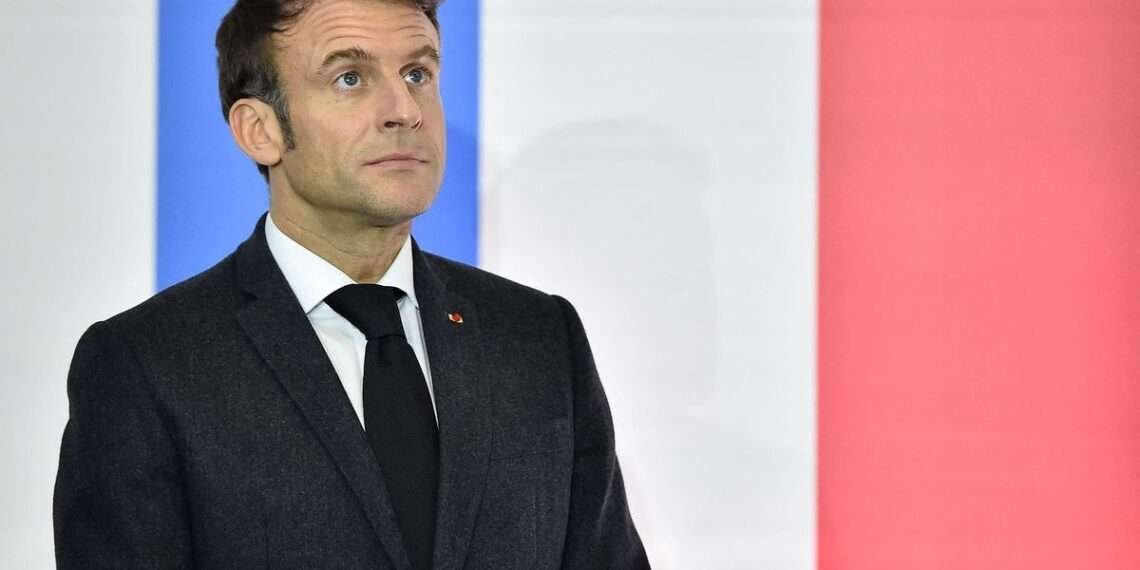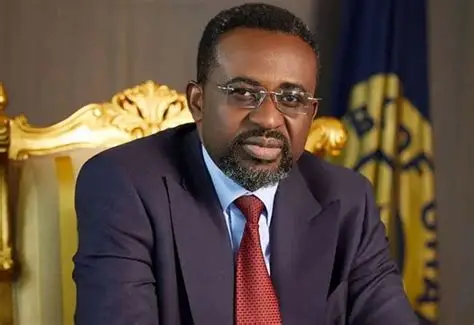The National Assembly is set to debate the widely contested pension reform bill, which would notably raise the minimum retirement age from 62 to 64.
The parliamentary session comes a day before a third round of protests called by eight main workers’ unions. More demonstrations are planned for Saturday, February 11, 2023.
President Emmanuel Macron has vowed to go ahead with the changes, which he described last week as “indispensable when you compare to (other countries) in Europe.”
Faced with opinion polls which repeatedly depict that a growing majority of people are against the reform, and his own popularity ebbing, Macron argues that it was a key electoral promise he made when he was reelected in April, 2022, therefore it is legitimate for him to go ahead with the changes.
Last week, an estimated 1.27 million people took to the streets, according to authorities, more than in the first big protest day on January 19, 2023. Unions and political opponents hope massive mobilization will coerce the government to revise its plans.
In an interview on Sunday, February 5, 2023, Prime Minister Elisabeth Borne noted, “we are asking French people for a collective effort. I understand it provokes reactions, reluctance and concerns.”
Borne argued that the plan aims at “saving” the French pension system, which is expected to dive in a deficit in the coming decade amid France’s aging population.
More than 20,000 amendments have been proposed by opposition lawmakers at the National Assembly, mostly by the left-wing Nupes coalition, whose members seek to demonstrate their vehement opposition.
In a parliamentary election in June, Macron’s centrist alliance won the most seats but lost its majority in the National Assembly.
The situation led the centrists to try to forge an alliance with The Republicans party over pension changes, since the conservatives in recent years have pushed to raise the retirement age and appear inclined to vote in favor of the bill.

Majority Of Conservatives To Approve Bill If Government Heeds To “Accurate Proposals”
Eric Ciotti, the President of The Republicans and a lawmaker, said in an interview on Saturday, February 4, 2023, that a “very large majority” of the conservatives will approve the pension reform bill on the condition that the government listens to their “accurate proposals.”
Such a scenario would allow the bill to pass both at the National Assembly and the Senate, where The Republicans have a majority.
The bill would gradually increase the minimum retirement age from 62 to 64 by 2030 and accelerate a planned measure providing that people must have worked for at least 43 years to be entitled to a full pension. It would also raise the minimum pension for a full career to 1,200 euros ($1,298) per month, among other measures.
It would allow early retirement for those who started working between the ages of 16 and 19, and workers with major health issues.
In response to a demand from The Republicans, Borne disclosed that she agrees with extending early retirement to those who have started working at age 20 and would therefore be able to leave at 63.
Some technical obstacles may also get in the way of Macron’s plans.
Instead of a regular bill, the government chose to introduce the changes through a social security budget bill, which accelerates the legislative process.
If the National Assembly does not hold a vote during the first hearing scheduled for February 17, 2023, the bill would still be sent to the Senate.
If both houses do not manage to vote before a 50-day deadline ending in March, the government would be entitled to pass the measure through decrees.
However, experts say the use of such power applied to a major reform could be widely perceived as a denial of democratic debate at parliament.
READ ALSO: British Health Workers Stage Strike






















